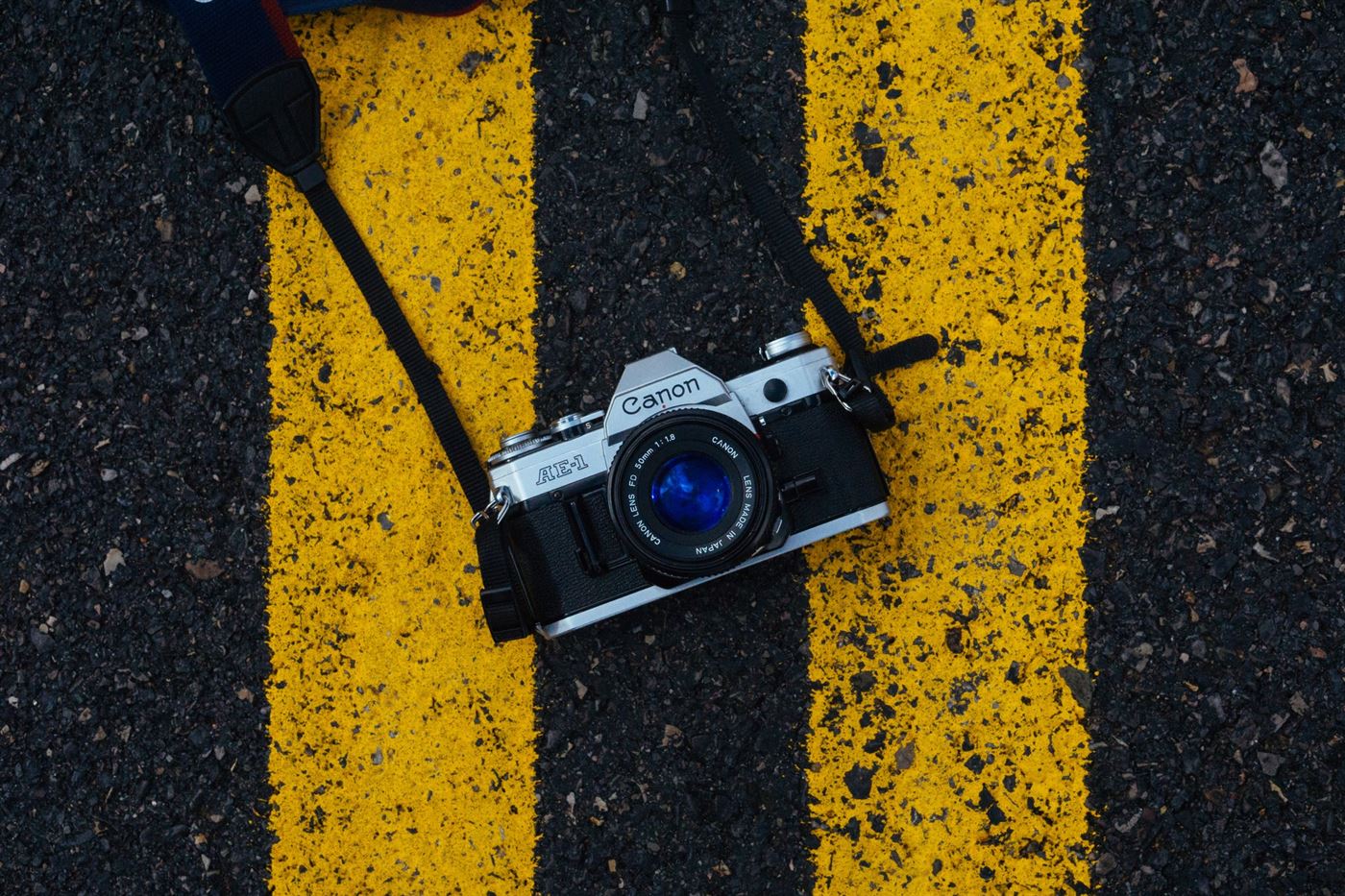There is no doubt that the political climate in the United States is heated. Since the 2016 election, many people have become more vocal about their values and worldviews. Some people might say that this increase in political discourse has become more noticeable in the entertainment industry, and they might think an alleged increase in the mixing of art and politics is the problem.
While I understand the discomfort that can come from expecting entertainment and receiving political discourse instead, I am glad that so many artists are using their platforms to speak on issues they are passionate about.
I would first like to address the fact that I think it is unfair to tell artists they cannot be political. Artists are people and being in the public sphere should not prevent them from expressing their values on issues that affect their lives.
It is also ignorant to believe that politics can be avoided. Political decisions have an impact on everyone, especially marginalized communities. People of color, women, the LGBT+ community, undocumented immigrants and people with disabilities are just several groups whose lives are regularly impacted by decisions made by the state.
Since these groups cannot escape the politics that impact their lives, it is insensitive and often a sign of privilege to become frustrated when artists use their platform in support of oppressed communities.
Art is powerful and historically political. Many people who criticize artists for being political seem to believe that the mixing of art and politics is a recent phenomenon when really it has always been common. The greatest artists of the Renaissance era, such as Shakespeare, Leonardo Da Vinci and Michelangelo, frequently pushed the social norms of their time. Throughout the 1900s, all forms of art found ways to make political statements that were controversial at the time.
Rock ‘n’ roll is a genre that was created by African-Americans who used music to talk about the racism they faced. Even after rock had become a genre that was mostly associated with white artists, it remained highly political. Many rock bands such as The Beatles, The Rolling Stones and Jefferson Airplane wrote music in protest of the Vietnam War.
Some of the most acclaimed films of all time such as Citizen Kane, Dr. Strangelove and Fight Club make blatant critiques of American politics and culture.
Now more than ever it is important that art remains political. People in the United States are experiencing violations of their basic human rights and humanity. Immigrants are being denied the right to migrate. According to the ADL, an anti-hate activist organization, murders by white supremacist groups more than doubled in the past year. GLAAD, an organization fighting for LGBTQ+ rights, reported that more transgender individuals were killed in 2017 than any other year. The increasing militarization of police resulted in police killing 1,129 citizens last year, a disproportionate amount of which were unarmed black men, as reported by policeviolencereport.com.
It is wrong to think that politics can be avoided. Especially in a community as diverse as Montclair State University, these issues are likely to affect many of us. As young people, we will inherit the role of shaping our society. I believe the art students at Montclair State are just as entitled to that responsibility as students in any other department.



